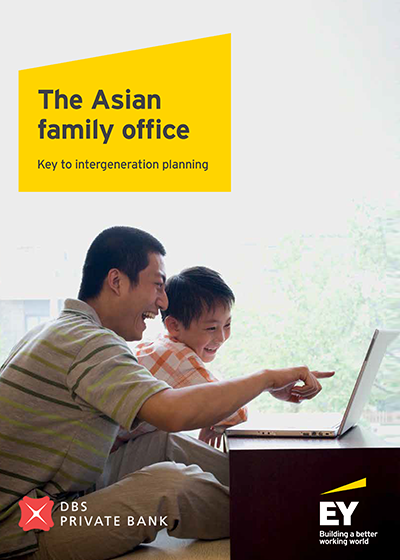The issue has been on the minds of Singapore’s lawmakers, who have filed numerous questions in Parliament over the past year, amid a number of media reports on how more of the ultra-rich – especially from China – have made Singapore their base for financial asset and estate planning.
Among them was Tampines GRC MP Desmond Choo, who in October 2022 asked about the Government’s plans to work with family offices to deepen investments in local companies. Mr Choo, who sits on the Government Parliamentary Committee for Finance and Trade and Industry, said the impact of such capital inflows has been on the authorities’ radar.
“Whenever we have more inflows of capital, the larger concern is whether the benefits outweigh the costs, such as contributing to asset price inflation and worries about newcomers not being able to fit in with local culture,” he told The Straits Times.
He believes family offices should be judged on factors such as who they hire and whether there is a transfer of entrepreneurial expertise that makes them so successful in their home countries.
SFOs can range from two- to three-person outfits to larger set-ups with a headcount of more than 50, managing significant assets worth billions. Those in Singapore hail from not just the Asia-Pacific but also Europe and America, and are looking to diversify outside their home countries.
Google Co-Founder Sergey Brin and tech billionaire James Dyson have each set up investment firms to manage their wealth here.
Ms Shu Ping, Co-Founder of hotpot chain Haidilao, set up a family office here in 2019.
The Government has pointed to how SFOs benefit the economy in two ways: when they employ people directly, and when they create jobs for external service providers such as banks and law firms.
In a parliamentary reply last week, then Senior Minister Tharman Shanmugaratnam said that as at June 2022, SFOs that have been awarded certain tax incentives employed about 1,400 Singaporeans and permanent residents.
About 900 of these jobs were created in just the last three years, he noted, adding that these are generally well-paying. Two-thirds of the Singaporeans and permanent residents at these offices earned more than $5,000 a month. More than 400 earned between $2,000 and $5,000 a month, and fewer than 50 earned less than $2,000.
Some Singapore businesses, such as car-sharing firm GetGo, have also benefited from investments made by wealthy families. The startup raised $20 million from family-led investment firm Treis Group earlier in 2023.
GetGo Chief Executive Toh Ting Feng said the significant investment “allows us to hasten the electrification of our fleet and extend our technology leadership in shared and sustainable mobility”. It currently has a fleet of about 2,500 cars, including about 200 electric vehicles.
It is this belief in such payoffs that has led advocates to ask for more time and support to grow the industry.
West Coast GRC MP Foo Mee Har, in a Parliament speech in April, said family offices could allow Singapore-based businesses to benefit from their networks, innovation and talent, as she called for more to be done to orientate them to the country’s norms, values and ways of working.
Family offices are typically extremely private, she noted. “Recent reports of flashy and ostentatious behaviours are restricted to a minority.”
At an annual report briefing last Wednesday, MAS Chief Ravi Menon said wealth inflows into Singapore have little effect on the exchange rate, domestic inflation, property prices or car prices, as most wealth managed here is invested outside the country.
He attributed the rise in inflation mainly to sharp increases in global energy and food prices, and stronger domestic wage growth.
Mr Menon pointed out that the bulk of wealth flows into Singapore come from institutional investors, and not family offices or high-net-worth individuals.
Foreigners accounted for an average of 4 per cent of private residential property transactions over the last three years, he noted, adding that there were no purchases by SFOs in that period. Their foreign employees accounted for “an insignificant number” within the 4 per cent, he added.
“Likewise, SFOs and their foreign employees account for a tiny proportion of car purchases in Singapore,” he said.
New requirements
More is being done to ensure more positive spillover effects from SFOs. Mr Menon said the authority will be adjusting tax incentives for SFOs to encourage them to deploy their capital more purposefully to benefit Singapore and the region, as well as increase their contributions towards environmental and social causes.









